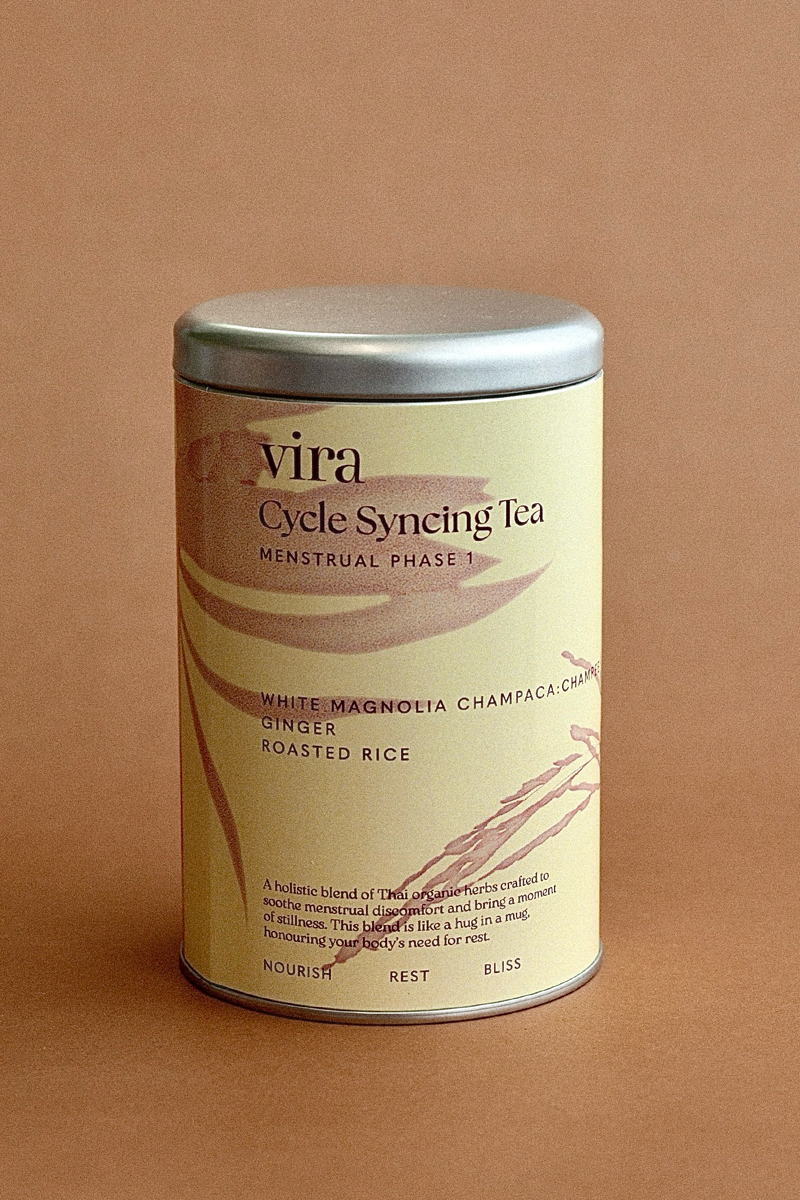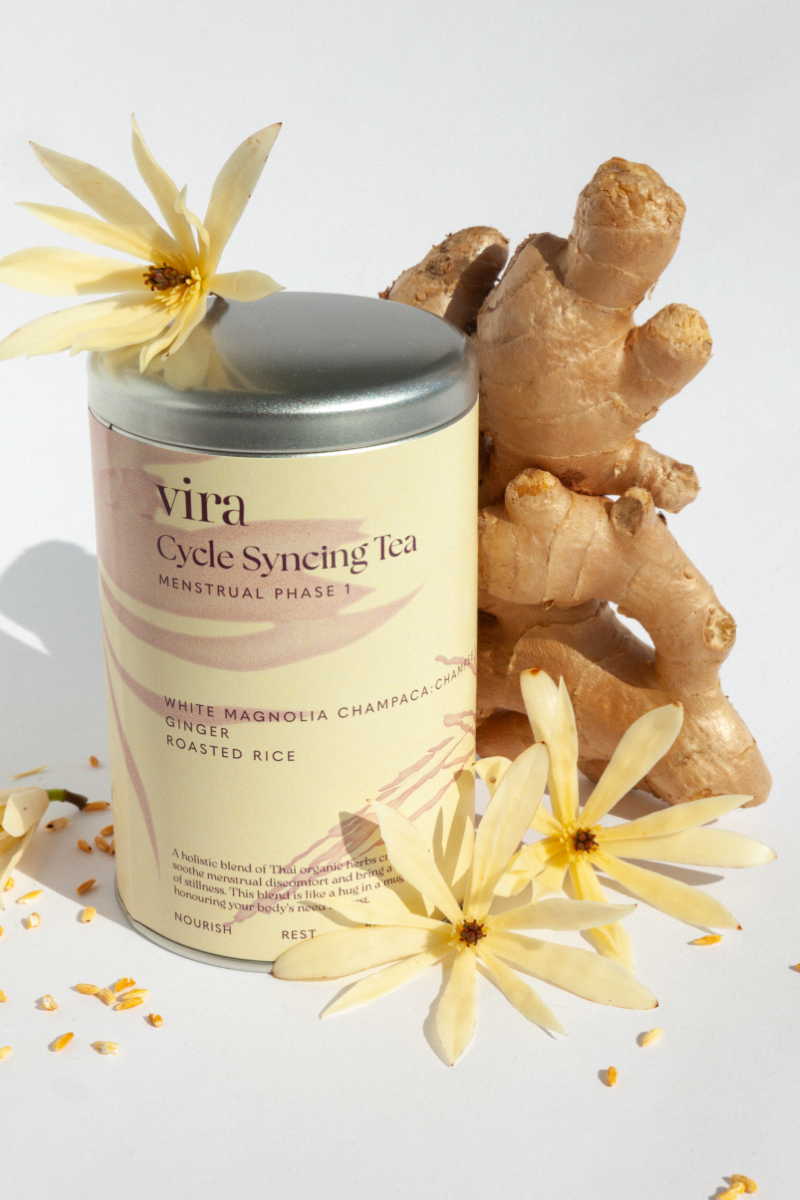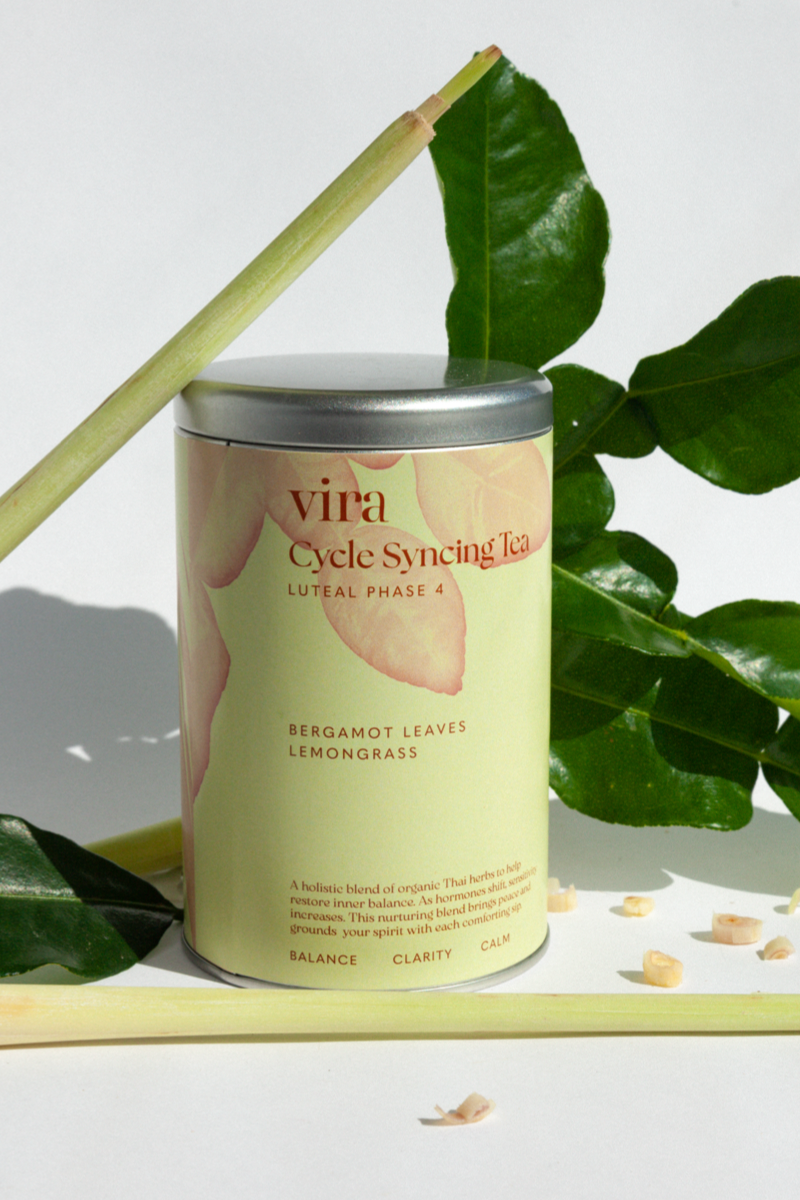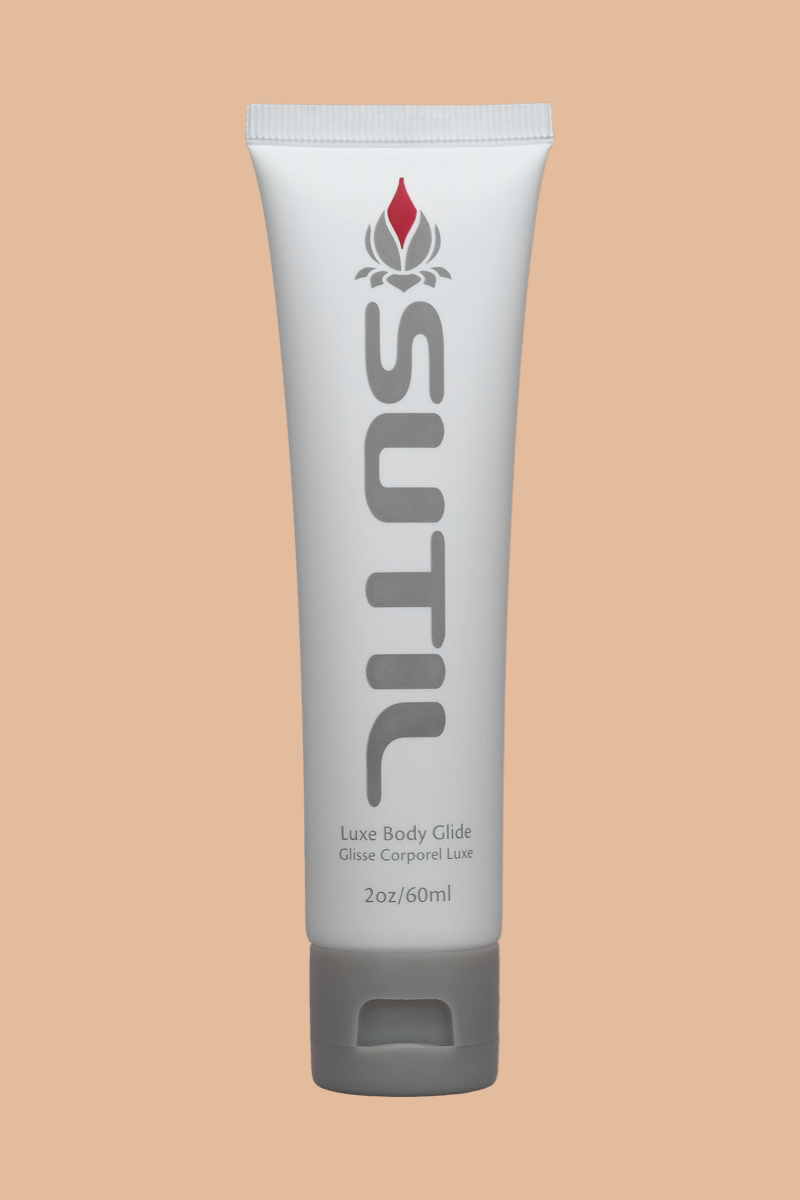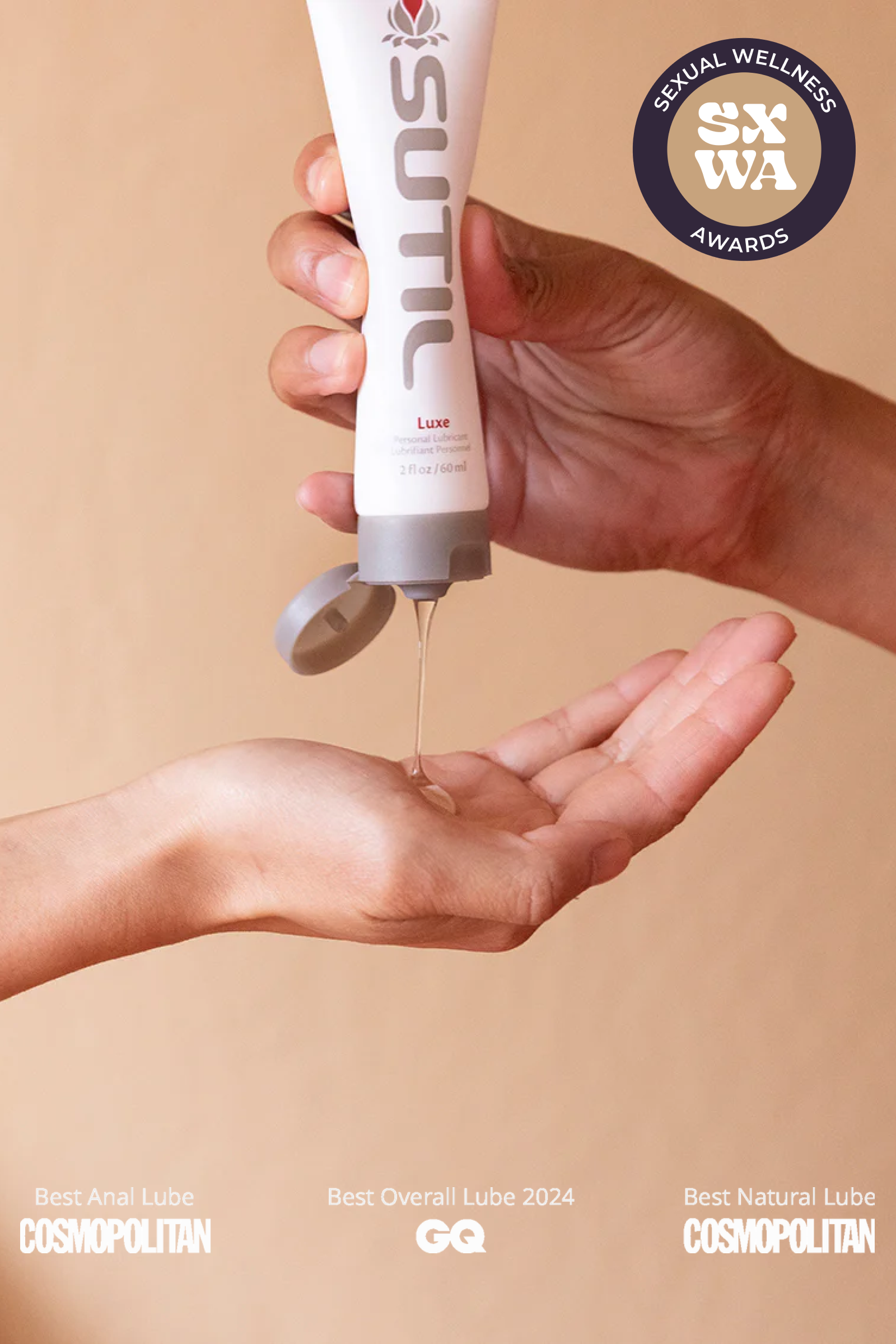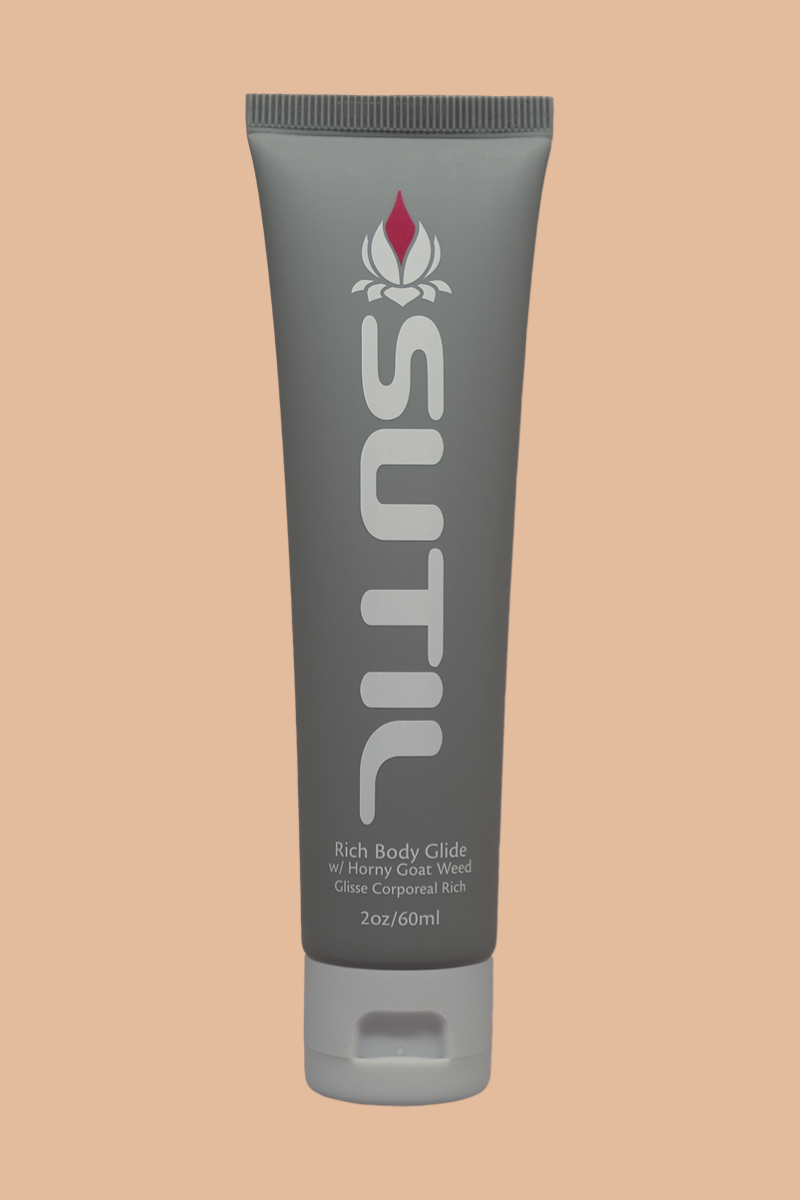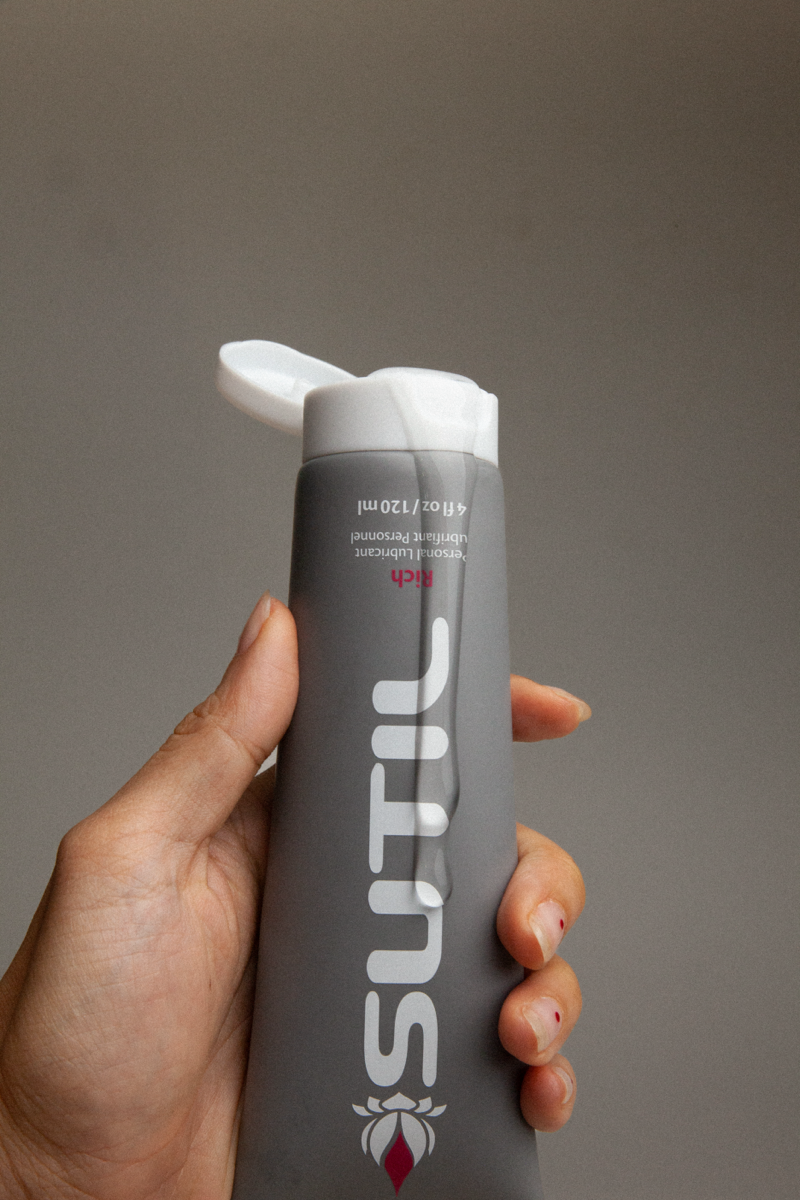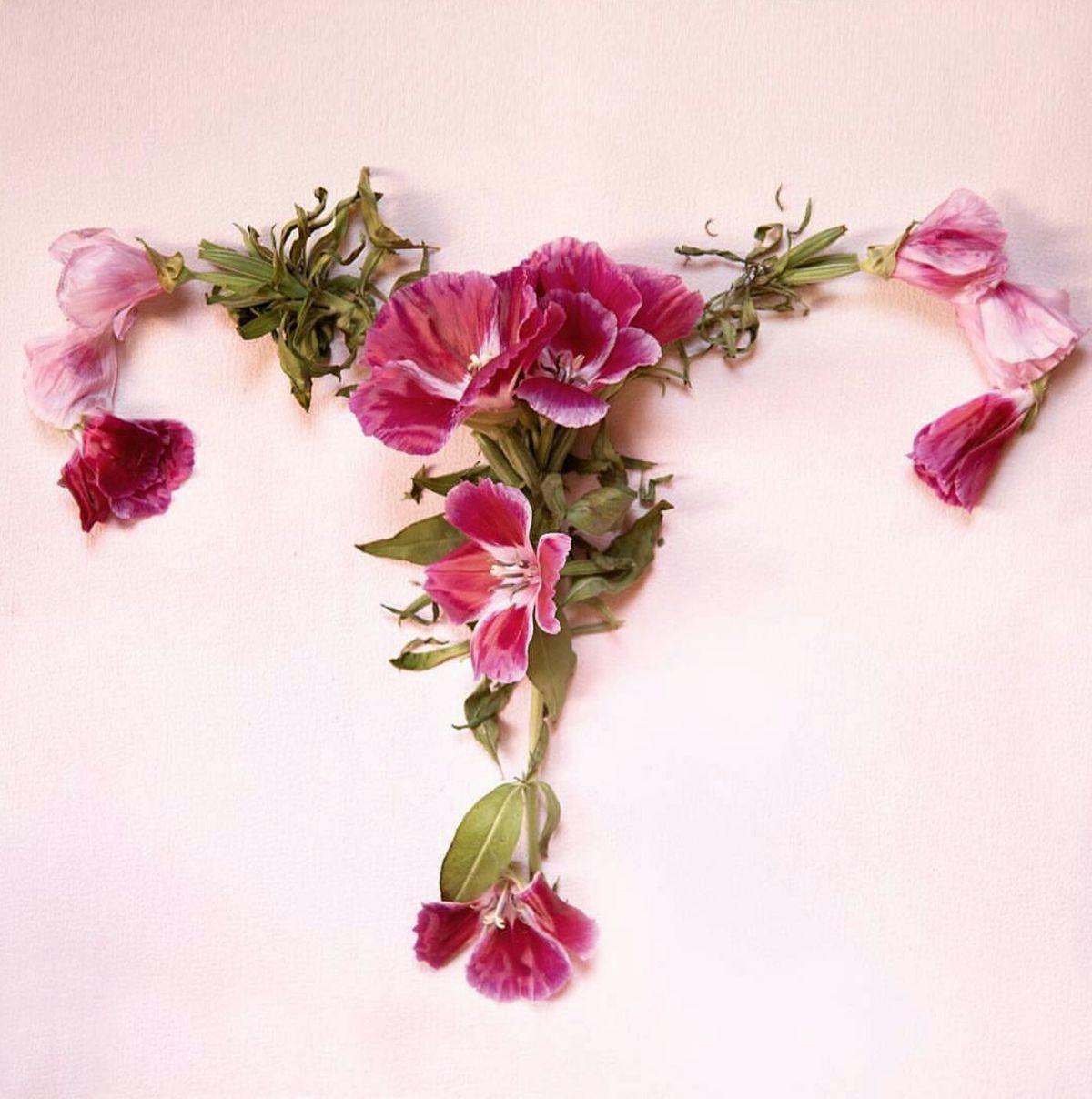
Love Your Cervix
What does it mean to “love your cervix”? We at Vira want to help educate you about different parts of the female reproductive system so you can love them as much as we do.
There’s a lot of mystery around the cervix, but it is an incredibly important part of your body with essential functions for a healthy sexual and reproductive life. Learn more with us.
What is the cervix?
The cervix is the lower, narrow part of the uterus that connects to the vagina. The cervix supports healthy menstruation, is involved in childbirth - it can expand up to 10cm to allow a baby to pass through! -, and acts as a connector between the inner and outer reproductive organs. During pregnancy, the cervix keeps the baby safe inside the uterus. The cervix also produces cervical mucus, which is crucial for fertility and overall reproductive health. Without this mucus, sperm cannot travel to meet the egg and allow conception to occur (Sylacauga, 2025).
However, despite its vital functions, people, including women, don’t often know too much about the cervix. We want to increase awareness about the health of one’s cervix so we can understand the potential diseases that could be associated with it, such as cervical cancer.
We should start by knowing what the cervix looks like, which is always important when understanding more about your body.
Here’s a more scientific photo:
Image credits
And here, we have actual pictures of a few cervixes:
If you want to explore the Cervix Gallery to see cervixes at different ages and/or stages of reproduction cycles, you can take a browse through the link here: Gallery.
Why is cervical health important?
Cervical health is not just a medical issue within women’s health, but it’s a matter of empowering oneself.
Cervical cancer is one of the most preventable forms of cancer, but it remains one of the leading causes of cancer-related deaths amongst women in Southeast Asia and the fourth most common cancer among women globally (World Health Organization (WHO), 2024).
Here are some more data points related to cervical cancer in Thailand:
-
Cervical cancer is one of the top 3 cancers affecting Thai women (IARC, 2020).
-
In 2020, over 8,600 new cases were diagnosed in Thailand, and more than 5,000 women died from the disease (IARC, 2020).
So, it really is important to learn about cervical cancer and the health of our cervixes.
Cervical cancer is linked to HPV - it’s usually the cause of all cervical cancers, so we’d also recommend learning about Human Papillomavirus in our blog article here. The HPV vaccine can reduce the risk of cervical cancer by up to 90% when administered before exposure to the virus (CDC, 2023).
How can I reduce my cervical cancer risk?
Regular screening at the doctor and vaccinations can significantly reduce the risk of developing cervical cancer.
Here are three steps you can take to reduce your risk of cervical cancer:
-
Pap Smear tests at the doctors
-
HPV vaccinations
-
HPV DNA Test
Pap Smear
A Pap smear, also known as a Pap test, is a medical procedure performed by a doctor, used to check the health of your cervix.
Women (or anyone who has a cervix) aged 21 to 30 are advised to get a Pap smear every 3 years. Ages 30 - 65 are advised to get one every 5 years. (Cleveland Clinic, 2024)
During the test, a nurse or doctor collects a small sample of cells from the surface of your cervix using a soft brush or spatula. To be performed, they insert the tool into your vagina. The procedure usually takes just a few minutes and may feel slightly uncomfortable, but it should not be too painful. These cells are then examined under a microscope to look for anything that could lead to cervical cancer.
There’s nothing much to prepare for before a pap smear, but here are some things which may make you feel more comfortable:
-
Try not to schedule your appointment when you’re on your period.
-
Before the appointment, avoid having penetrative sex or applying any external substances inside your vagina.
-
Don’t worry about shaving or doing anything differently that you usually would with your vulva/vaginal area. Just wash beforehand with water and wear cotton underpants.
HPV vaccinations
The HPV vaccine is a way to protect your body from the types of human papillomavirus (HPV) that cause most cases of cervical cancer.
The vaccine is most effective when given to people before becoming sexually active, usually recommended for girls and boys starting from age 9 to 14, but can still be administered up to the age of 26.
The vaccine is given in 2 or 3 doses over several months, depending on one’s age.
If you’re 9 to 14, you should have 2 doses given at 0 and 6-12 months apart. If you’re over 14, you’ll need 3 doses, given at 0, 1-2 months, and 6 months after the first one. Ensure that you check with your doctor about when you need to get each dose of the vaccine, as it can depend on factors such as the rules of the country you’re living in or your general health.
It is very safe, well-studied, and widely used around the world. In Thailand, HPV vaccines are now included in many public health programs and often provided for free in schools or community clinics. (Thai Ministry of Public Health, 2024).
If you’re not sure if you’ve had the HPV vaccine, check with your family members or doctor records.
HPV DNA Test
The HPV DNA test is an accurate screening tool that looks for the presence of high-risk types of HPV. Unlike a Pap smear test, which checks for abnormal cells, the HPV DNA test detects the virus itself before any changes even appear in the cervix. This means it can catch potential risks earlier.
The test is performed in a similar way to a Pap smear, using a gentle swab to collect cells from the cervix.
It is recommended for women (or anyone with a cervix) aged 30 and older, so speak with your doctor about it if it’s something or interest. Or if you know women who have had it done, open up the conversation with them to learn about the experience.
Love your cervix
Loving your cervix is loving your body and your health.
Learning about reproductive health is empowering, and Vira encourages you to speak to the women around you - your mothers, sisters, daughters, friends - about this important topic of cervical health.
So, are you ready to love your beautiful cervix?
If you have any questions, reach out to Vira on Instagram here.
With love,
Vira




